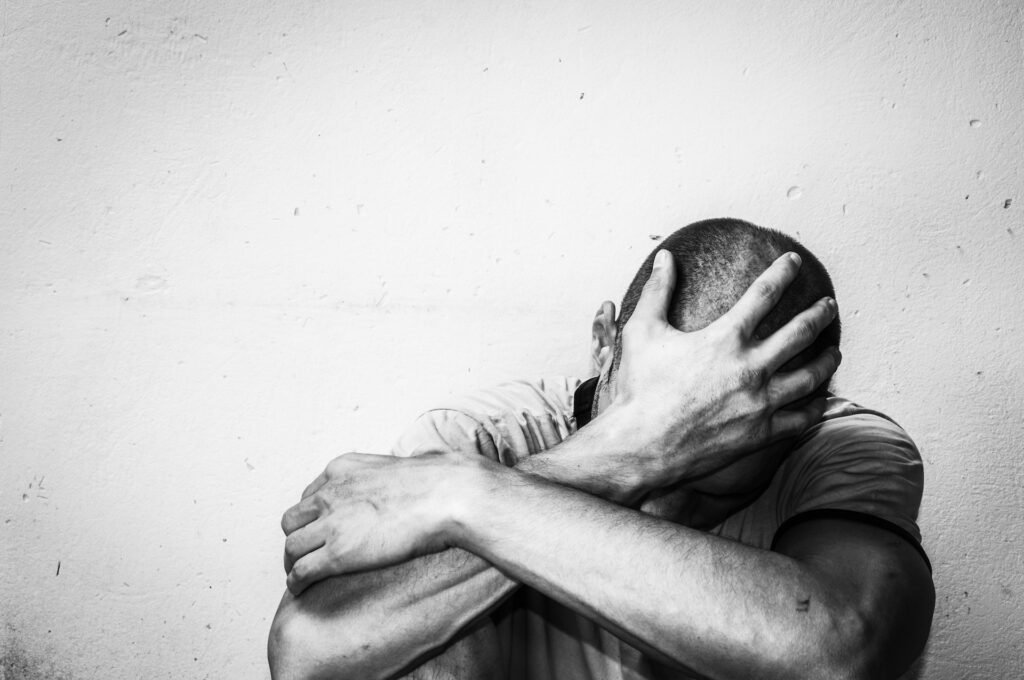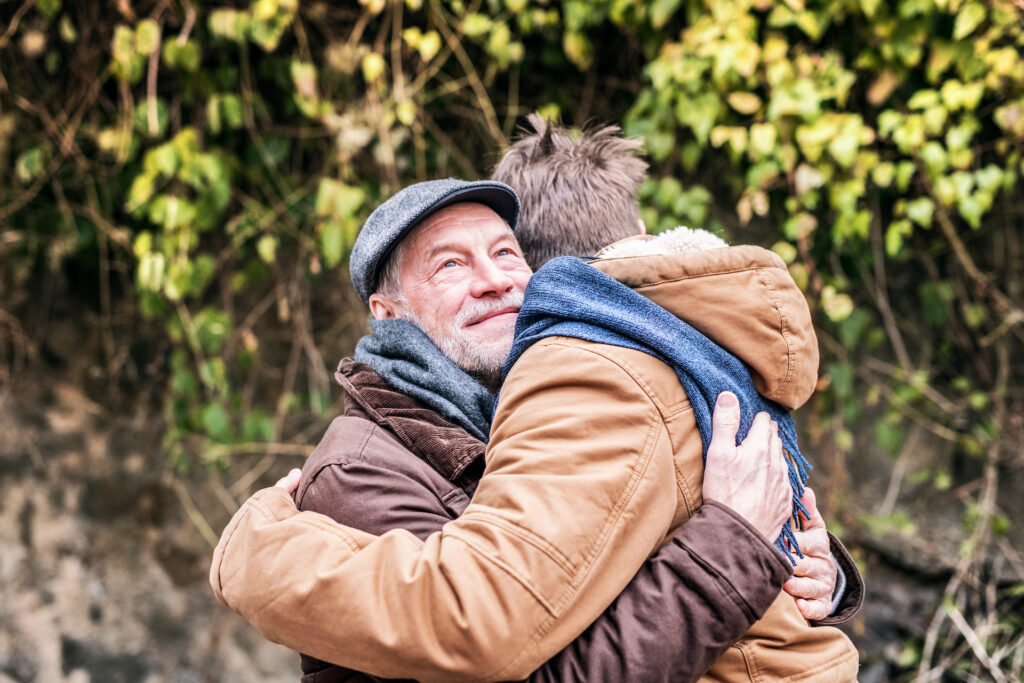At Sunshine Coast Health Centre, we often meet people at their lowest point. When addiction, trauma, or mental health challenges have left them feeling lost, disconnected, or without a sense of purpose. In these moments, one question often comes into focus: Why am I still here?
It’s a powerful question, and one that psychiatrist and Holocaust survivor Viktor Frankl explored deeply in his life and work. In this post, we’ll explore how finding meaning in survival can transform the recovery process.
Viktor Frankl’s Powerful Philosophy
Viktor Frankl was an Austrian neurologist, psychiatrist, and the founder of logotherapy—a form of therapy centred around the idea that the primary human drive is not pleasure (as Freud suggested) or power (as Adler proposed), but meaning. Frankl’s insights were shaped by his experience surviving four Nazi concentration camps, including Auschwitz.
In his bestselling book, Man’s Search for Meaning, Frankl wrote that even in the face of unimaginable suffering, those who found meaning in their suffering were more likely to survive—and live with hope.

This concept deeply resonates in recovery. Many people who struggle with addiction, depression, or trauma carry a sense of emptiness. Frankl’s work offers a lifeline: survival can be more than just making it through the day—it can become a mission and a source of meaning.
Meaning and Recovery
Addiction thrives in the absence of meaning. When pain, shame, or numbness take over, substances can seem like the only escape. But what if, instead of asking, “How do I stop using?” we asked, “What am I living for?”
Finding purpose gives people a reason to live. Whether it’s reconnecting with family, helping others, running your own business, or exploring creativity or spiritual growth, meaning becomes our compass. Simply put: when you know why you’re healing, the how becomes more manageable.
Meaning and Survival
Frankl believed that even when life becomes unrecognizable, we still have one ultimate freedom: to choose how we respond.
When everything else is stripped away, the fact that we’re still here—that we choose to keep going—matters. Survival itself can be meaningful. Not because it’s heroic or dramatic, but because we decided to stay alive, even in our darkest moments.
In Frankl’s own words:
“Suffering ceases to be suffering at the moment it finds a meaning.”

That doesn’t mean pain is noble or that trauma is necessary. It means that when we stop seeing ourselves as victims of our story and instead see ourselves as survivors with something to offer, our healing begins to take shape.
Reclaim Your Identity
At SCHC, we often discuss the difference between being “clean” and being “well”. Recovery isn’t just about stopping substances; it’s about reclaiming your identity. That starts with seeing yourself not as broken, but as someone who’s lived through challenging moments and is still standing.
This shift from shame to strength can be a turning point. It gives people permission to take pride in their survival. And from there, we can ask, “What will I do with this survival?”
Your Life Has Meaning Because You’re Alive
Frankl didn’t promise quick fixes. He knew that meaning doesn’t erase pain, but it transforms it. And in the context of addiction and mental health, this transformation matters.
- You survived addiction? Your story could help someone else survive, too.
- You lived through trauma? That means you carry wisdom others don’t.
- You’re still here despite suicidal thoughts, depression, or grief? That takes an incredible amount of courage.
We live in a world that often measures people by their productivity, their success, or their stability. But Frankl’s work says something else: your life has meaning simply because you’re alive.

Three Ways To Let Survival Guide Your Recovery
1. Name What You’ve Lived Through: Start by recognizing what you’ve survived. Acknowledge your strength. Whether it’s childhood trauma, years of substance use, mental illness, or the struggle to keep your family together, owning your survival is the first step to finding meaning in it.
2. Use Your Experience as Fuel: Frankl believed that pain can become purpose when we direct it outward. This can look like speaking honestly about your journey through journaling, with a therapist, or with your community of loved ones. What matters is turning survival into action.
3. Allow Healing to Be Your Message: You don’t need to be perfect, and you don’t need to have it all figured out. By choosing to heal, you are sending a message that people can come back from the edge, and that survival is a foundation for what you choose to do next.
We’re Here To Help
If you’re feeling stuck, lost, or unsure where to begin, you’re not alone. We walk with people every day as they rediscover what their survival means and how it can shape their healing.
Sunshine Coast Health Centre and Georgia Strait Women’s Clinic are world-class centres for addiction and mental health treatment. We recognize the importance of the physical, psychological, social and spiritual aspects of individuals in treatment and recovery. The first step is the hardest, but it’s also the most important.
Whether you’re looking for support with addiction, trauma, anxiety, or simply trying to find purpose again, we’re only a phone call away.



